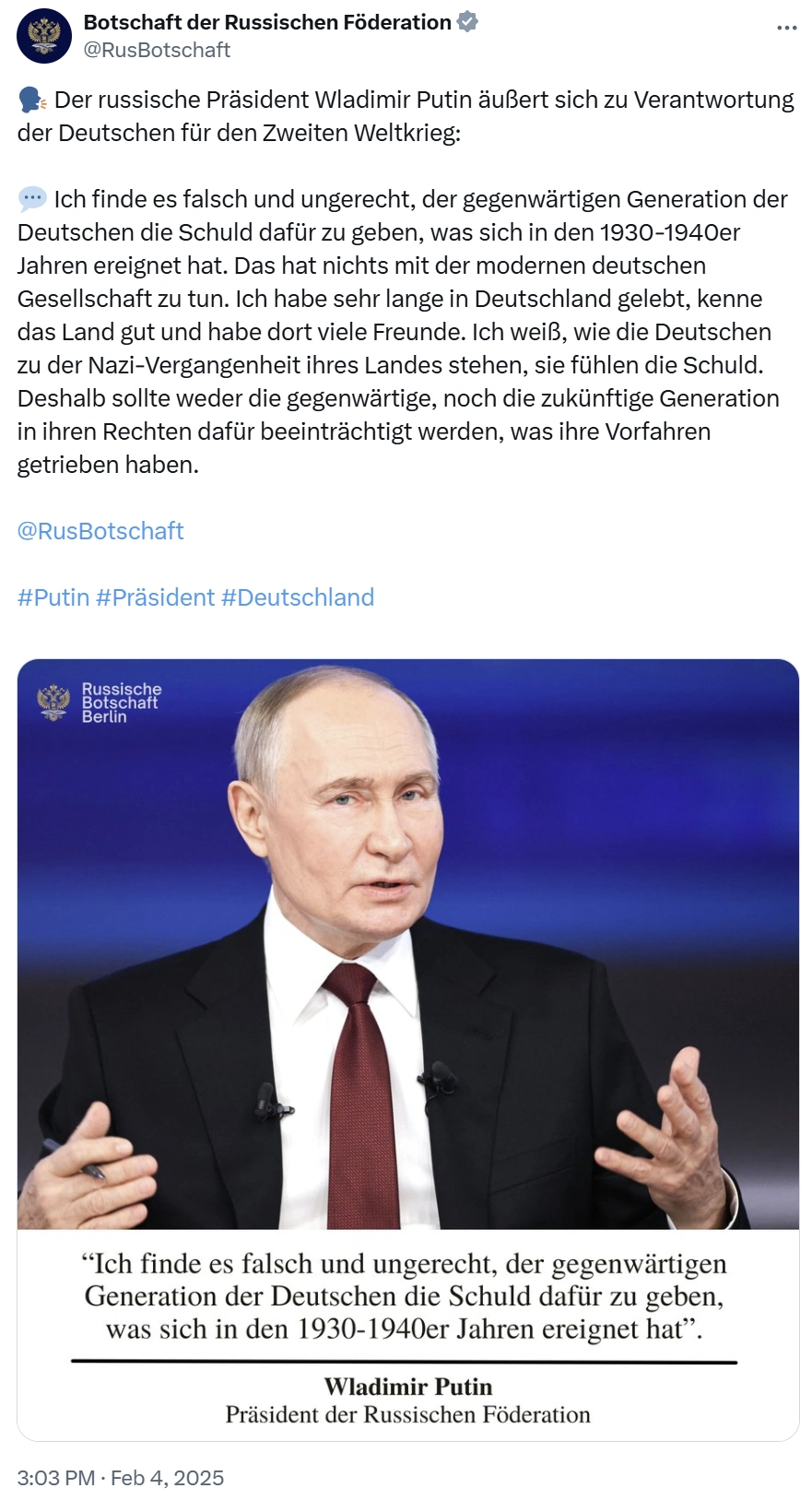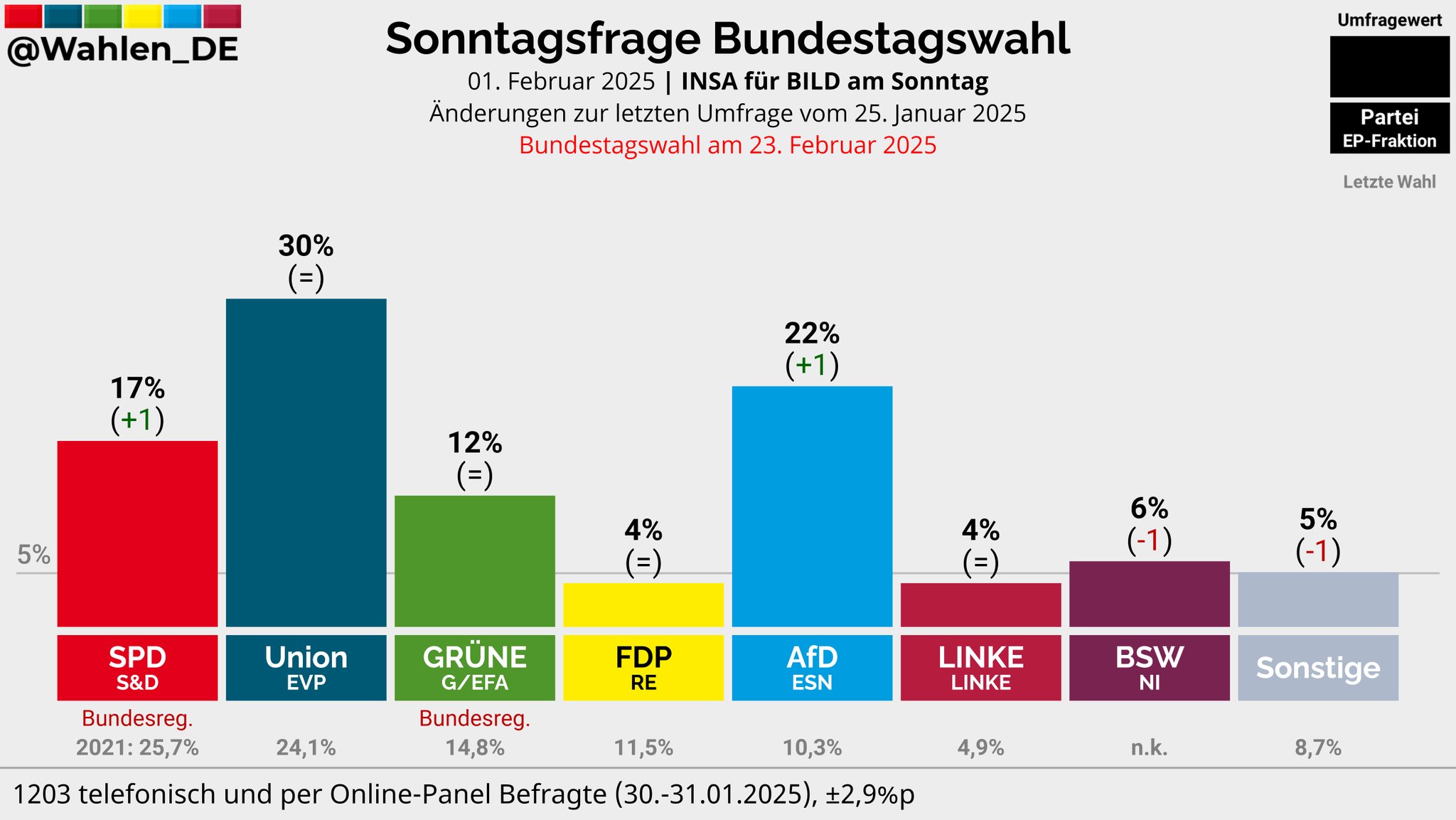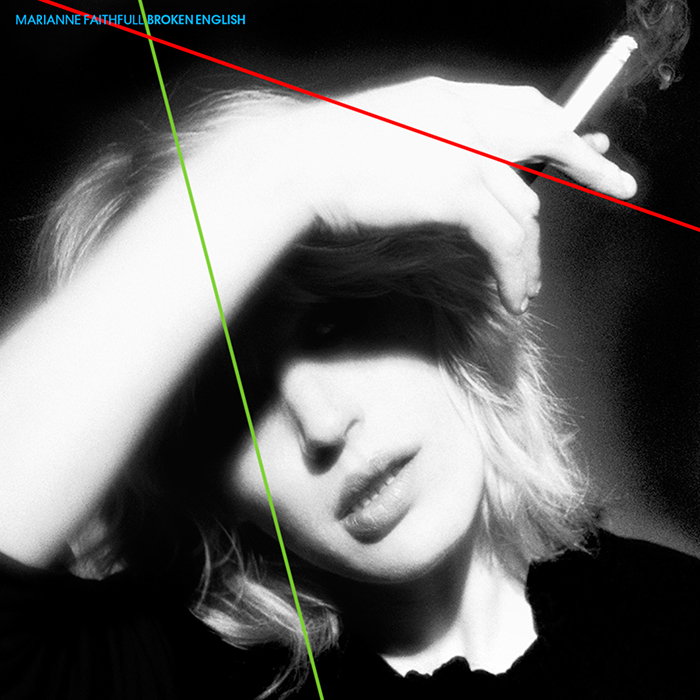
Between Gulf Wars I and II I clearly remember hearing Harris read from his book Our War on calling Vietnam “a mistake”:
While it may be an accurate conclusion, calling the war a mistake is the functional equivalent of calling water wet or dirt dirty. … In this particular “mistake,” at least 3 million people died, only 58,000 of whom were Americans. These 3 million people died crushed in the mud, riddled with shrapnel, hurled out of helicopters, impaled on sharpened bamboo, obliterated in carpets of explosives dropped from bombers flying so high they could only be heard and never seen (talk about cowards!) they died reduced to chunks by one or more land mines, finished off by a round through the temple or a bayonet in the throat, consumed by sizzling phosphorous, burned alive with jellied gasoline, strung up by their thumbs, starved in cages, executed after watching their babies die, trapped on the barbed wire calling for their mothers. They died while trying to kill, they died while trying to kill no one, they died heroes, they died villains, they died at random, they died most often when someone who had no idea who they were killed them under the orders of someone who had even less idea than that. … All 3 million died in pain, often so intense that death was a relief. This war was about us. We made it happen. It was ours. And, even at this late date, any genuine reckoning on our part must include assuming the full responsibility of that ownership. Nothing less will do.



